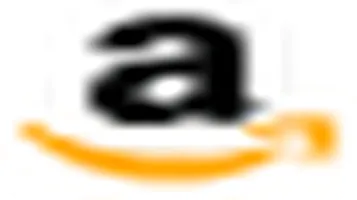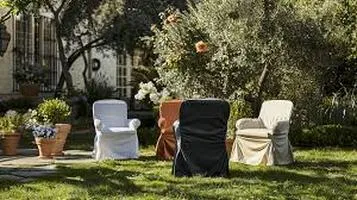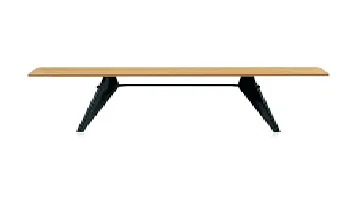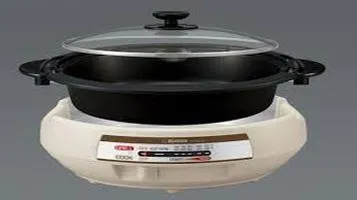Insecticidal Soap: A Comprehensive Review
Insecticidal soap is a specially formulated pest control solution designed to eliminate soft-bodied insects such as aphids, mites, whiteflies, and mealybugs. Composed primarily of potassium salts of fatty acids, it works by penetrating the outer protective layers of insects, causing cell collapse and dehydration. This environmentally friendly option is favored by organic gardeners due to its low toxicity to humans, pets, and beneficial insects when used as directed. Insecticidal soap is most effective when applied directly to the pests, requiring thorough coverage for optimal results. It is typically available as a ready-to-use spray or a concentrated solution that can be diluted with water. Regular application is often necessary to manage persistent infestations, especially in densely populated plant areas.

Insecticidal soap is an increasingly popular choice among gardeners and agricultural professionals seeking an environmentally friendly solution to pest control. This review delves into the effectiveness, benefits, and potential drawbacks of using insecticidal soap, providing a well-rounded perspective on its application and value.
What is Insecticidal Soap?
Insecticidal soap is a type of pesticide that is made from potassium salts of fatty acids. Unlike synthetic chemical pesticides, insecticidal soap is derived from natural sources, making it a more sustainable option for pest control. It works by breaking down the protective outer layers (cuticles) of insects, leading to dehydration and death. This mode of action is particularly effective against soft-bodied insects such as aphids, mites, whiteflies, and mealybugs.
Effectiveness
One of the primary advantages of insecticidal soap is its efficacy against a wide range of pests. Research and anecdotal evidence suggest that it is highly effective against soft-bodied insects, which are often the most problematic in gardens and on farms. When applied correctly, insecticidal soap can significantly reduce pest populations without harming beneficial insects like bees and ladybugs, which are crucial for pollination and natural pest control.
However, it's important to note that insecticidal soap is less effective against hard-bodied insects like beetles and adult caterpillars. Hence, it is not a one-size-fits-all solution and may need to be supplemented with other pest control methods for comprehensive protection.
Environmental and Health Benefits
One of the most compelling reasons to use insecticidal soap is its environmental and health benefits. Unlike many conventional pesticides, insecticidal soap is biodegradable and breaks down quickly in the environment. This reduces the risk of soil and water contamination, making it a safer option for ecosystems.
Moreover, insecticidal soap poses minimal risk to human health. It does not leave harmful residues on plants, making it safe for use on edible crops. This is particularly advantageous for organic farmers and home gardeners who prioritize the healthfulness of their produce.
Ease of Use
Insecticidal soap is relatively easy to use, which adds to its appeal. It is typically sold as a concentrate that needs to be diluted with water before application. Some products are available in ready-to-use formulations for added convenience. The soap can be applied using a standard garden sprayer, ensuring even coverage on affected plants.
For best results, it's essential to follow the manufacturer's instructions regarding dilution rates and application frequency. Generally, insecticidal soap should be applied in the early morning or late afternoon to minimize the risk of leaf burn, which can occur if the soap is applied during the heat of the day.
Potential Drawbacks
While insecticidal soap has many advantages, it is not without its drawbacks. One of the main limitations is its need for frequent application. Because the soap is only effective when it comes into direct contact with pests, it does not provide long-lasting residual protection. This means that repeat applications are often necessary to maintain control over pest populations.
Another potential issue is the risk of phytotoxicity, which can occur if the soap is applied too frequently or at too high a concentration. Phytotoxicity manifests as leaf burn or discoloration, which can be detrimental to plant health. It is crucial to conduct a patch test on a small area of the plant before widespread application to ensure that the soap does not harm the plant.
Cost Considerations
In terms of cost, insecticidal soap is generally affordable, especially when compared to some of the more specialized chemical pesticides on the market. However, the need for frequent applications can add up over time, particularly in large-scale agricultural settings. It is essential to weigh the cost against the benefits and consider whether insecticidal soap is the most cost-effective solution for your specific needs.
Conclusion
Insecticidal soap represents a valuable tool in the integrated pest management arsenal. Its effectiveness against soft-bodied insects, coupled with its environmental and health benefits, make it an attractive option for both home gardeners and professional growers. While it has some limitations, such as the need for frequent applications and the risk of phytotoxicity, these can be managed with careful use and adherence to best practices.
Overall, insecticidal soap offers a balanced combination of efficacy, safety, and environmental stewardship. For those seeking a sustainable and effective solution to pest control, it is certainly worth considering.






